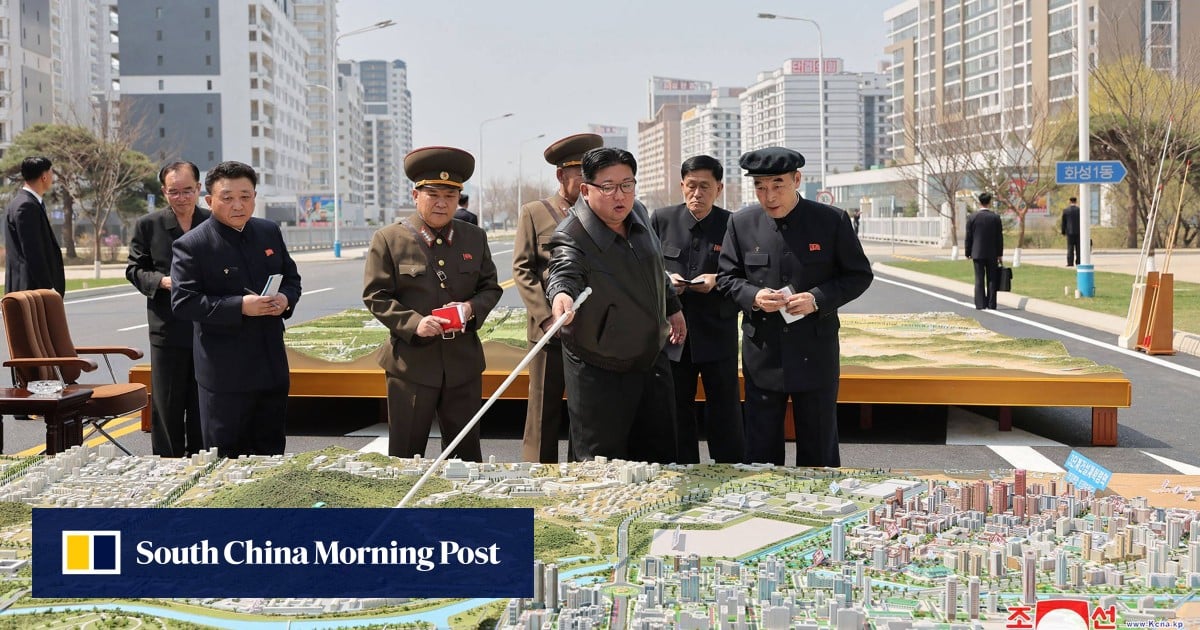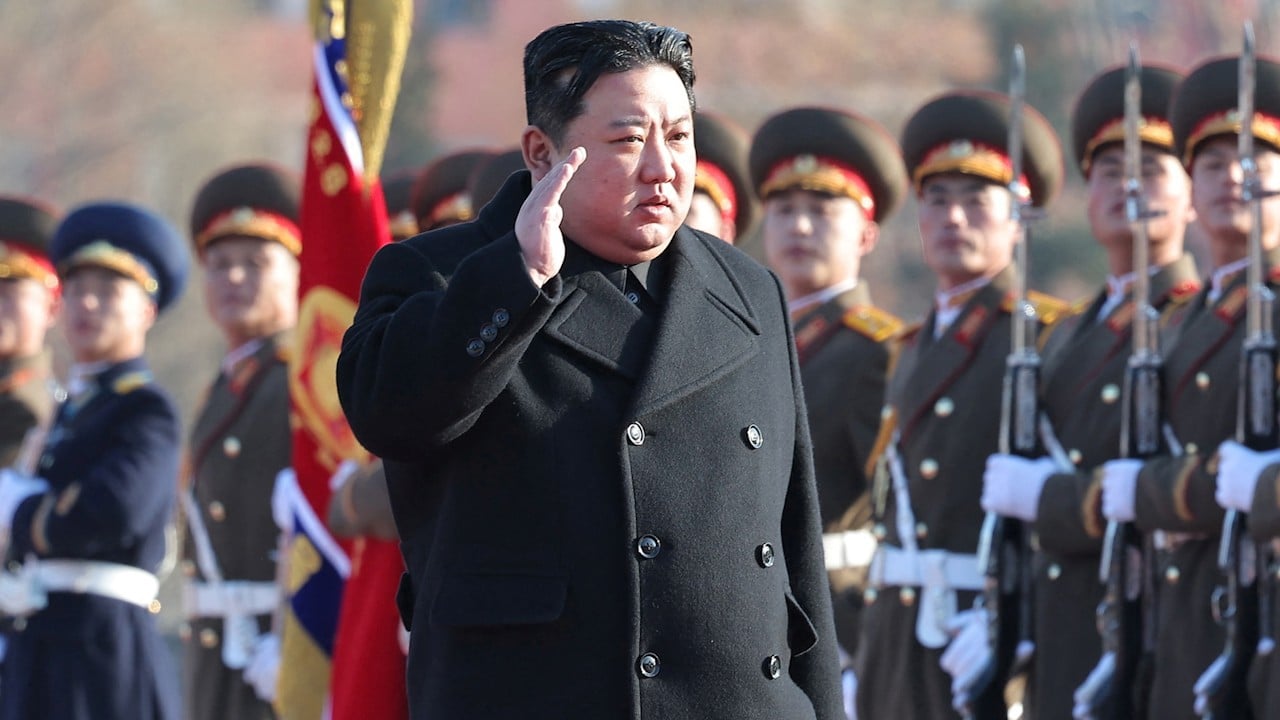“He wants his people to focus on his achievements rather than his ancestors’ feats,” Hong told This Week in Asia.
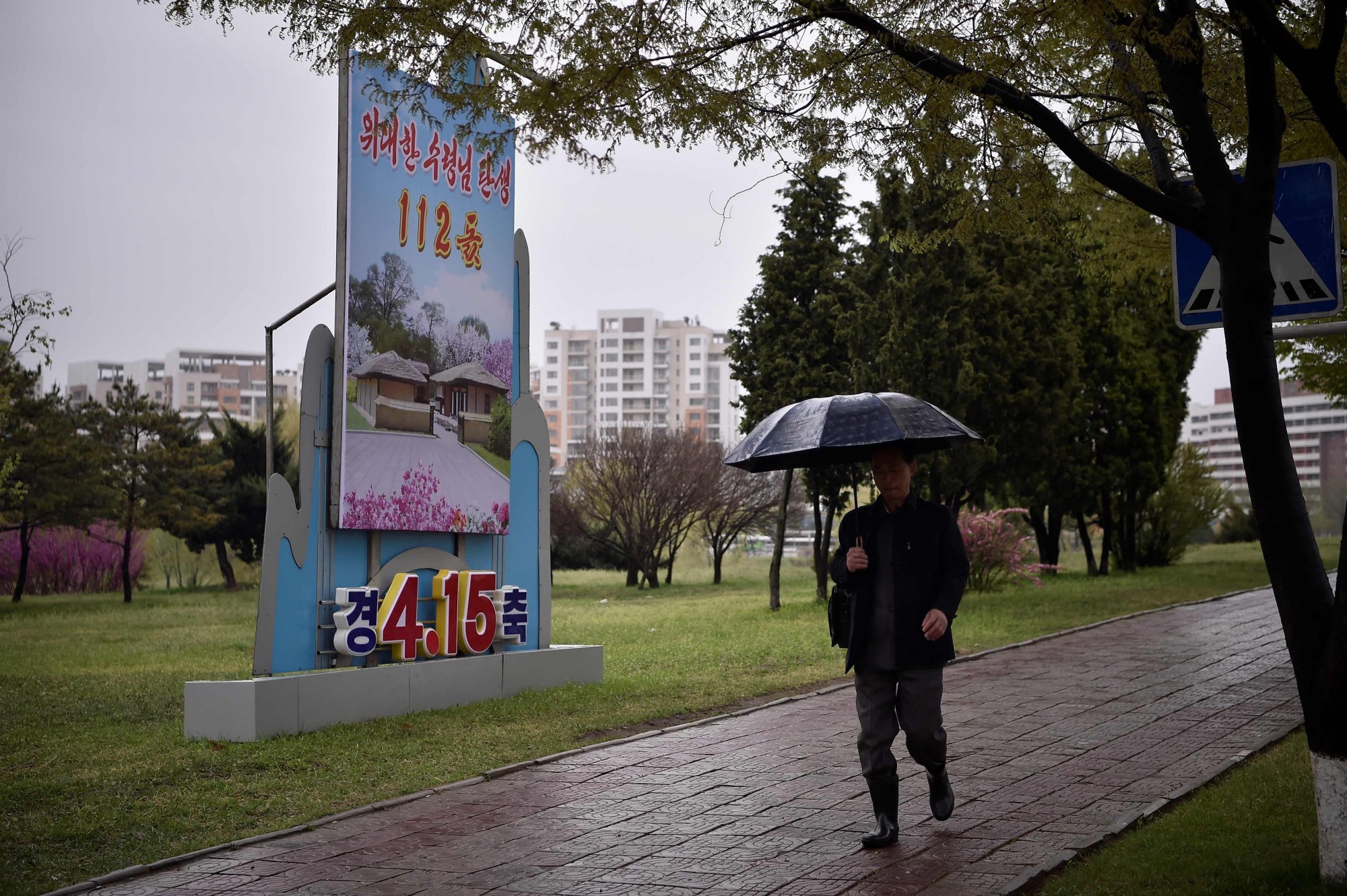
The North’s propaganda mills have largely replaced the Day of the Sun, an idolatrous term referring to the April 15 birthday of founder Kim Il-sung, with neutral appellations, 4.15 and the April holiday, a South Korean Unification Ministry official was quoted anonymously as saying by Yonhap news agency on Tuesday.
“This seems to be a calculated move to disengage from the mythologising of his forebears,” the official added.
It also started celebrating his birthday, which used to be called “the 4.15 holiday”, as “the Day of the Sun”.
Another adulatory term, “the Day of the Morning Star”, that referred to the February 16 birthday of Kim Jong-il – Kim Jong-un’s father – had also largely disappeared from North Korean media, the official said.
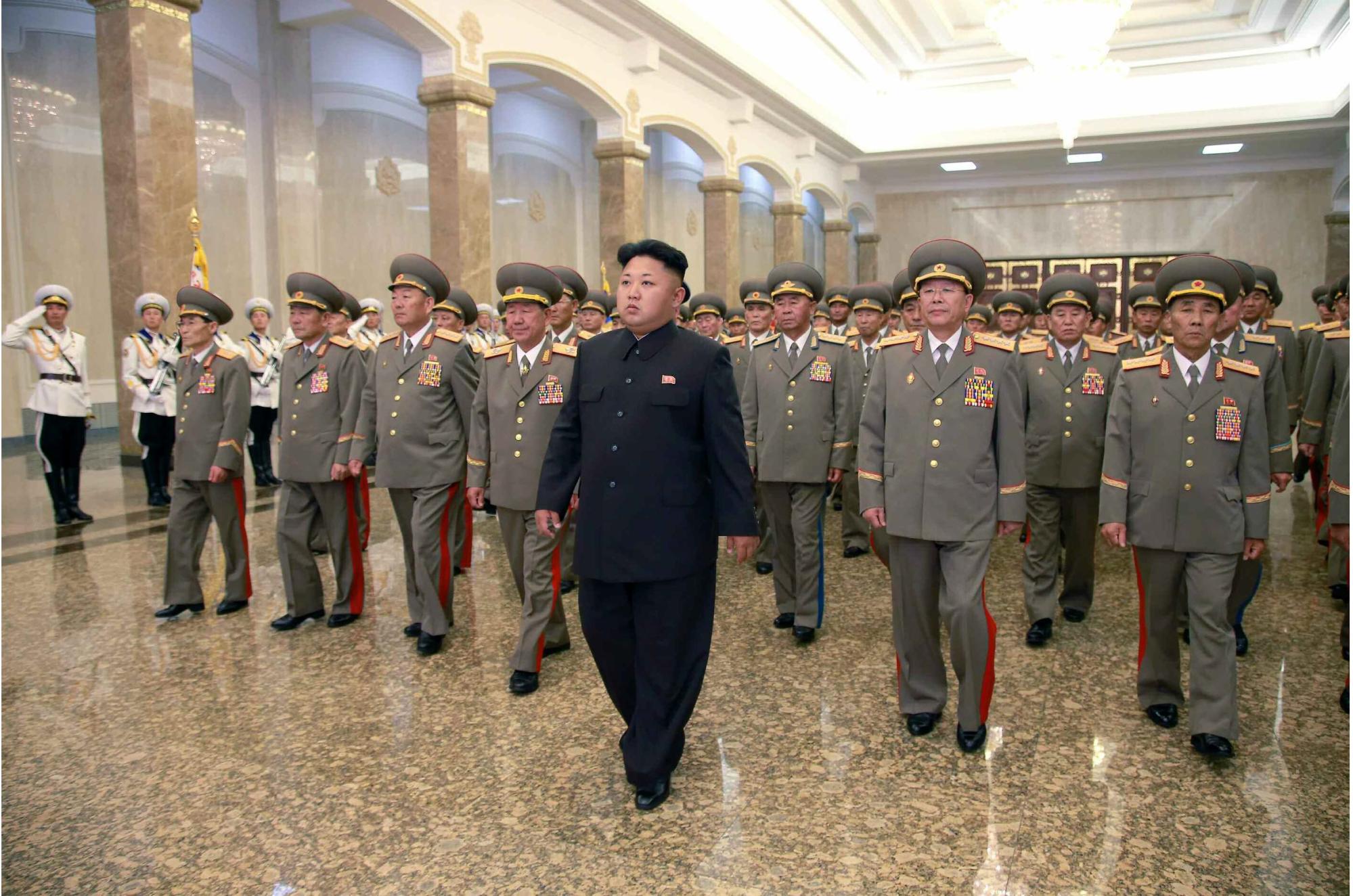
Kim Jong-un has also omitted visits to his grandfather’s mausoleum in Pyongyang since 2022. His conspicuous absence from the mausoleum and the fading prominence of the adulatory terms may indicate a deliberate distancing from past practices of ancestor veneration, according to observers.
“These changes might be related to the North’s move to avoid mythologising excessively” the leader’s grandfather and father after Kim Jong-un in 2019 warned against such moves that would “shadow the truth”, the ministry official said.
“This is possibly part of Jong-un’s move to wean away from his reliance on his ancestors [to secure legitimacy] or for the North to refrain from evoking idolatrous terms in line with its efforts to project an image of a normal socialist state.”
Some observers said the younger Kim might have decided that propaganda and demagoguery that unrealistically idolised ancestors would not resonate with the population amid economic hardship.
Hong from the Korea Institute for National Unification said: “Kim has also displayed his will through policies that he would not blindly follow whatever policy directions his ancestors had put in place, and he would cut them off if necessary to pursue his policies.”
Kim’s shift in his strategy towards the South may also be related to the decrease in the use of deifying terms for the ancestors, according to analysts.
The previous generations’ United Front unification principle defines the South as an alienated half of the Korean nation that should be liberated from US imperialist rule.
This view contradicts Kim Jong-un’s declaration late last year that characterised inter-Korean ties as those of two separate and hostile countries.
He also ordered the three principles for national reunification, calling for national unity and peace, to be struck off the constitution and a monument dedicated to Kim Il-sung’s wish for reunification in Pyongyang to be dismantled.
“This is an expression of his confidence that the party, the administration and the military are all in his hands,” Yang said.
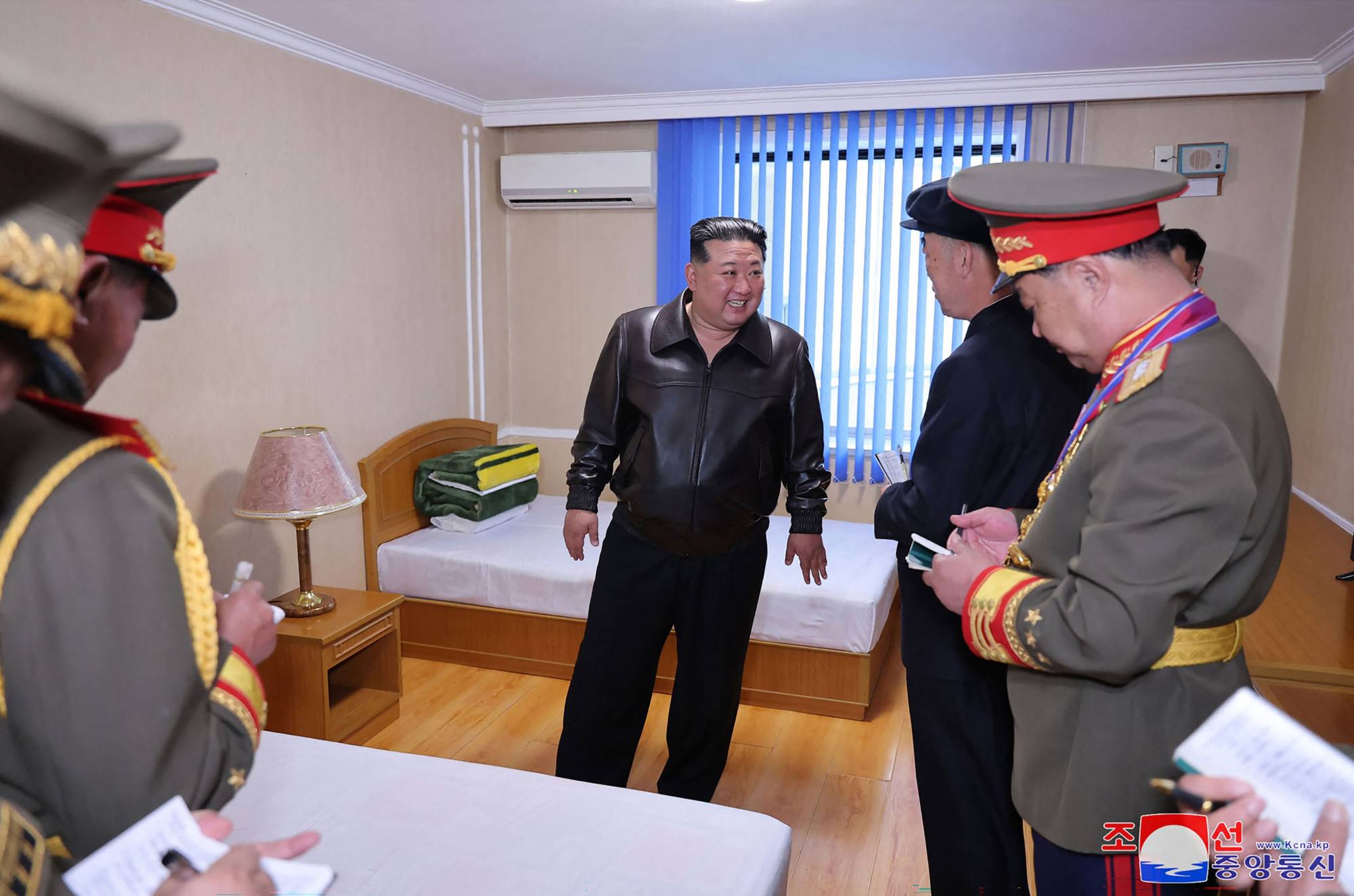
However, Emeritus Political Science Professor Koh Yu-hwan at Dongguk University warned against “reading too much” into the decrease in the use of terms lionising the two ancestors, noting Kim Jong-un’s legitimacy was underpinned by the narratives surrounding his forebears.
“Jong-un can’t claim legitimacy without the halo inherited from his father and grandfather, and it’s hard to believe he can survive without their legacies,” Koh said.
“Dismissing his ancestors amounts to his own dismissal.”
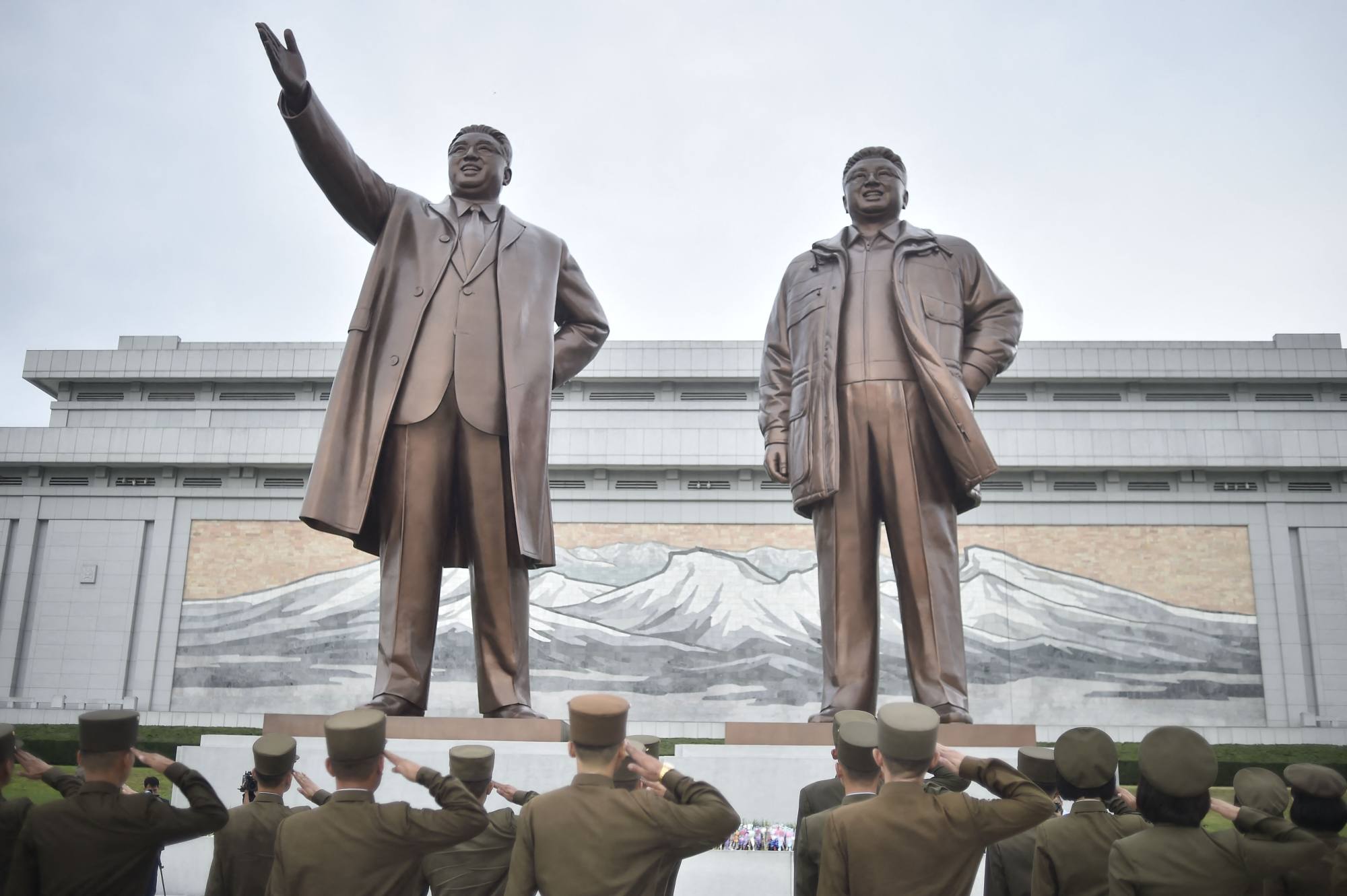
The North had to abandon its past United Front tactic, under which it pursued reunification through exchanges and the absorption of a weakened South, as it is now greatly concerned about dominating cultural influences that would intensify through exchanges with the South, Koh said.
“The North is now seeking to go it alone, groping ways to come to the dialogue table with the United States and Japan without being weighed down by the existence of the South,” he said.
Japan’s Kishida offers to meet North Korea’s Kim Jong-un: Pyongyang
Japan’s Kishida offers to meet North Korea’s Kim Jong-un: Pyongyang
North Korea said last month that Japan’s prime minister had offered to meet its leader but stressed that prospects for their countries’ first summit in about 20 years would depend on Tokyo tolerating its weapons programme and ignoring its past abductions of Japanese nationals.
Observers say Kim wants improved ties with Japan as a way to drive a wedge between the US and its allies, while Kishida wants to use possible progress in the abduction issue, a highly emotional matter for Japan, to boost his declining approval rating at home.
After admitting in 2002 that it had abducted 13 Japanese nationals, North Korea allowed five to return home but said the others had died. Japan believes some are still alive.
Additional reporting by Associated Press

